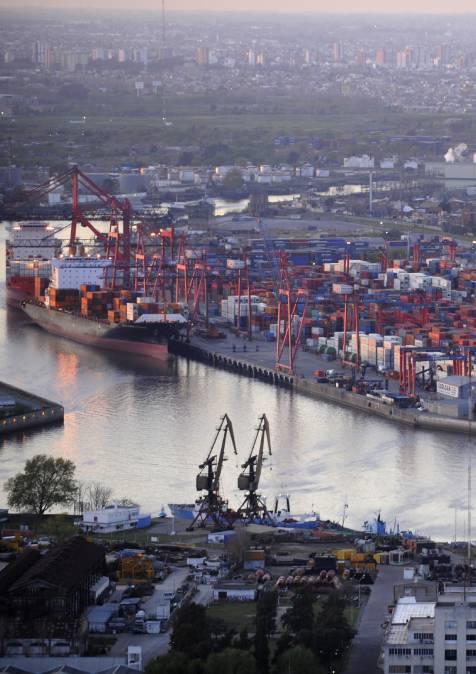Marco Tulio Molina Tejeda, Deputy Permanent Representative of Guatemala, WTO - www.policycenter.ma
Speakers

Marco Tulio
...
Marco Tulio Molina Tejeda, Deputy Permanent Representative of Guatemala, WTO - www.policycenter.ma





